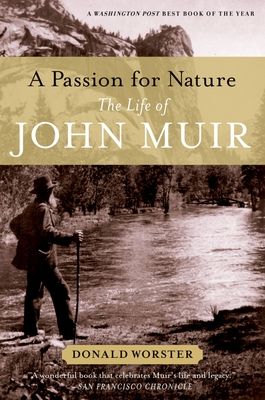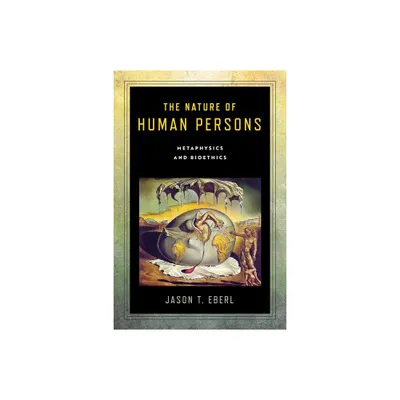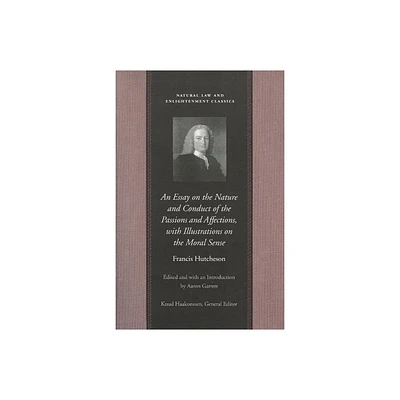Home
The Ruling Passion: Tales of Nature and Human
Loading Inventory...
Barnes and Noble
The Ruling Passion: Tales of Nature and Human
Current price: $24.95


Barnes and Noble
The Ruling Passion: Tales of Nature and Human
Current price: $24.95
Loading Inventory...
Size: Hardcover
*Product Information may vary - to confirm product availability, pricing, and additional information please contact Barnes and Noble
Henry Jackson van Dyke Jr. (November 10, 1852 - April 10, 1933) was an American author, educator, and clergyman.
Van Dyke was born on November 10, 1852, in Germantown, Pennsylvania. He was the son of Henry Jackson van Dyke Sr. (1822-1891), a prominent Brooklyn Presbyterian clergyman known in the antebellum years for his anti-abolitionist views. The family traced its roots to Jan Thomasse van Dijk, who emigrated from Holland to North America in 1652.
The younger Henry van Dyke graduated from Poly Prep Country Day School in 1869, Princeton University, in 1873 and from Princeton Theological Seminary, 1877.
He served as a professor of English literature at Princeton between 1899 and 1923. Among the many students whom he influenced was, notably, future celebrity travel writer Richard Halliburton (1900-1939), Editor-in-Chief, at the time, of the Princeton Pictorial.
Van Dyke chaired the committee that wrote the first Presbyterian printed liturgy, The Book of Common Worship of 1906. In 1908-09 Dr. van Dyke was a lecturer at the University of Paris.
By appointment of President Woodrow Wilson, a friend and former classmate of van Dyke, he became Minister to the Netherlands and Luxembourg in 1913. Shortly after his appointment, World War I threw Europe into dismay. Americans all around Europe rushed to Holland as a place of refuge. Although inexperienced as an ambassador, van Dyke conducted himself with the skill of a trained diplomat, maintaining the rights of Americans in Europe and organizing work for their relief. He later related his experiences and perceptions in the book Pro Patria (1921).
Van Dyke resigned as ambassador at the beginning of December 1916 and returned to the United States. He was subsequently elected to the American Academy of Arts and Letters and received many other honors. (wikipedia.org)
Van Dyke was born on November 10, 1852, in Germantown, Pennsylvania. He was the son of Henry Jackson van Dyke Sr. (1822-1891), a prominent Brooklyn Presbyterian clergyman known in the antebellum years for his anti-abolitionist views. The family traced its roots to Jan Thomasse van Dijk, who emigrated from Holland to North America in 1652.
The younger Henry van Dyke graduated from Poly Prep Country Day School in 1869, Princeton University, in 1873 and from Princeton Theological Seminary, 1877.
He served as a professor of English literature at Princeton between 1899 and 1923. Among the many students whom he influenced was, notably, future celebrity travel writer Richard Halliburton (1900-1939), Editor-in-Chief, at the time, of the Princeton Pictorial.
Van Dyke chaired the committee that wrote the first Presbyterian printed liturgy, The Book of Common Worship of 1906. In 1908-09 Dr. van Dyke was a lecturer at the University of Paris.
By appointment of President Woodrow Wilson, a friend and former classmate of van Dyke, he became Minister to the Netherlands and Luxembourg in 1913. Shortly after his appointment, World War I threw Europe into dismay. Americans all around Europe rushed to Holland as a place of refuge. Although inexperienced as an ambassador, van Dyke conducted himself with the skill of a trained diplomat, maintaining the rights of Americans in Europe and organizing work for their relief. He later related his experiences and perceptions in the book Pro Patria (1921).
Van Dyke resigned as ambassador at the beginning of December 1916 and returned to the United States. He was subsequently elected to the American Academy of Arts and Letters and received many other honors. (wikipedia.org)


















